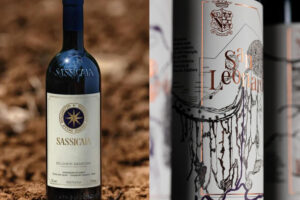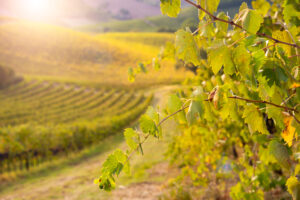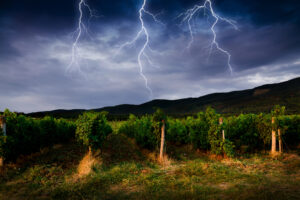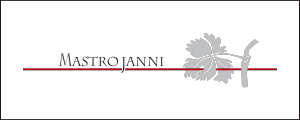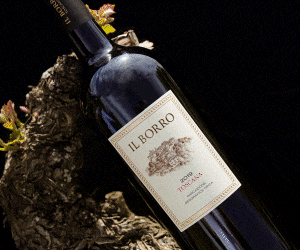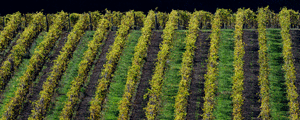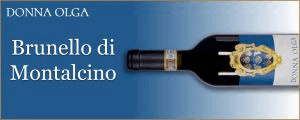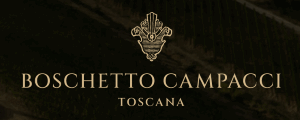Consumers around the world are looking more and more for healthy, light diets, which often exclude any type of alcohol consumption including wine. So, wine lovers who do not want to give up their main object of desire will certainly try wines with low alcohol content. Moreover, even the latest consumer trends impose more "drinkable" and less "robust" wines. Plus, in many countries wine has a higher tax according to its alcohol content, so it makes economic sense to produce wines with lower alcohol content.
The days of wine with a high alcohol content (which, incidentally, often depends on a rigorous selection of grapes and cellar practices) might really soon be over since the demand towards lighter products has risen sharply on all markets.
The question is how to obtain low alcohol content wines without degrading the most basic organoleptic characteristics that a “de-alcoholized” wine carries with it? One answer comes from France, where the INRA (French National Institute for Agricultural Research) along with Lallemand (leader in wine production) have carried out a research, producing a non-GMO yeast that can produce low levels of alcohol in wine without producing undesirable compounds.
This particular Saccharomyces cerevisiae can, for example, reduce the presence of alcohol in a wine with a potential content of 15.8%, by 1.3%, compensating for this loss with a more massive production of glycerol, which increases the perception of softness in wine. It is one of the most interesting and less expensive options: using yeasts that produce less alcohol with the same amount of sugar. The wine industry in New Zealand is embarking on a campaign of this kind of research, called "Lifestyle Wines" (a 7 year project and 14 million U.S. dollars investment).
Copyright © 2000/2024
Contatti: info@winenews.it
Seguici anche su Twitter: @WineNewsIt
Seguici anche su Facebook: @winenewsit
Questo articolo è tratto dall'archivio di WineNews - Tutti i diritti riservati - Copyright © 2000/2024




















